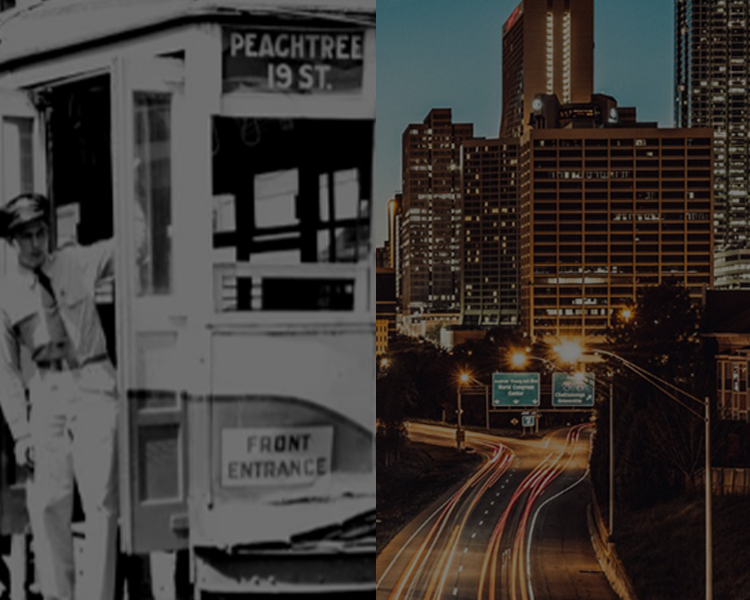Like Family.
Trucks hauling container freight from ocean ports
Every time I travel from Atlanta to Savannah, I enjoy watching the container ships cruising up the river past downtown. They are always stacked high with hundreds of huge freight containers.
Thousands of those containers are unloaded from the ships onto truck trailers and trains at every major port to be transported across the country. On highways throughout Georgia and the Southeast, we often see trucks carrying intermodal freight containers that were delivered to southeastern ports from countries around the world.
Attorneys preparing to take to trial cases of catastrophic trucking accidents involving intermodal freight need to understand issues that differ not only from regular highway accidents but also that from other trucking accidents. Just as tractor trailer crashes are not just bigger car wrecks, container freight crash cases are not just bigger truck wrecks. The increase of complexity is exponential rather than geometric.
When freight containers are shipped by sea, rail and truck, that is called intermodal shipping. Throughout the country you see large intermodal freight facilities that transfer freight containers between ships, trains and trucks. In Georgia, vast amounts of container freight are handled through the port of Savannah.
The Federal Motor Carrier Safety Adminstration has begun enforcing an Intermodal Chassis rule that requires intermodal equipment providers (IEPs), motor carriers and drivers to share responsibility for the safety of intermodal equipment used on U.S. highways.
Intermodal equipment or chassis are the trailers used in the transfer of goods from a ship or rail car to trucks for final delivery. There has been a problem with old, poorly maintained trailer chassis being spray painted and put back into service hauling freight containers, with inadequate regard for safety. Now there are new rules requiring providers of intermodal chassis to implement systematic inspection, repair and maintenance programs, and repair or replace defective equipment. The chassis must now display uniform identifying numbers.
For cases where the insurance coverage of a small motor carrier is inadequate to compensate a catastrophic injury, we also consider the potential to access the insurance coverage of the ocean carrier that is responsible to the shipper for delivery of freight all the way to the inland destination. Usually the inland truck hauling is brokered to a small trucking company or owner-operator with only $750,000 to $1,000,000 liability coverage. That sounds like a lot, but when you’re looking at a $20,000,000 life care plan for a catastrophic injury, it’s a drop in the bucket.
Courts in Georgia have had a hard time coming to terms with the totality of intermodal shipping, tending to look at just the tip end of the spear and not at who is throwing the spear. To overcome this will require a fairly sophisticated approach to inform overworked judges who seldom look at the complexities of trucking regulation, insurance and litigation.
In conjunction with other trucking litigation lawyers around the country, we are prepared to show courts how to weave together international treaties, U. S. maritime laws and regulations, standard maritime bills of lading and other shipping documents, interlocking provisions of the Motor Carrier Act and Federal Motor Carrier Safety Regulations, Restatement of Torts, Restatement of Agency, etc.
There are not yet any court decisions on point. But when a catastrophic container freight trucking case comes along, we’re ready.















